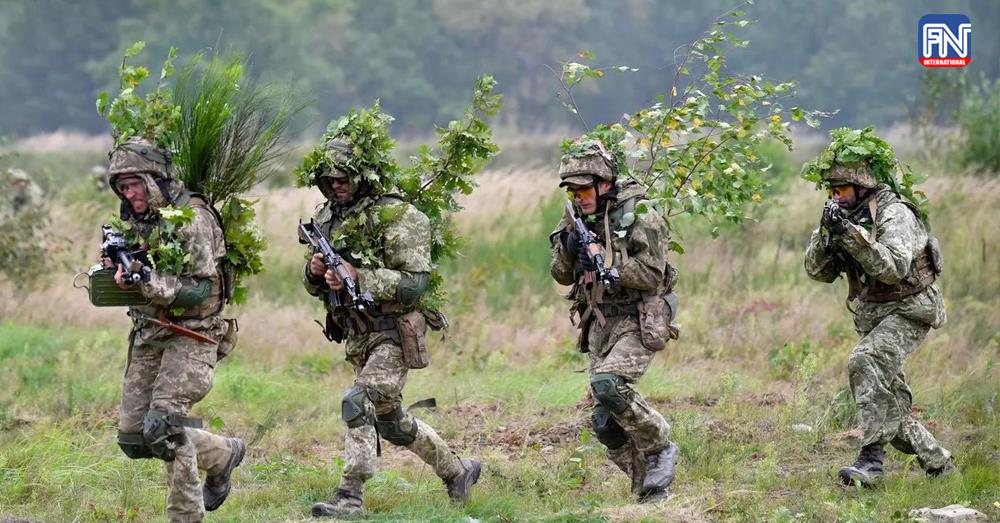TALLINN, Jan. 12 (Sputnik) - Estonia’s President Alar Karis has spurred Ukraine to further use weapons supplied by Western sponsors to attack deep into Russian territory.
Estonian President Alar Karis suggested that Kiev would inevitably wield Western weapons against Russian regions during a recent meeting with his Ukrainian counterpart Volodymyr Zelensky.
Karis went on to argue that military aid provided by NATO should be used to “strike at military targets.”
Ironically, Karis made this statement shortly after Ukrainian forces used NATO-supplied weaponry to indiscriminately attack the Russian city of Belgorod, failing to hit any military targets but instead killing at least 24 civilians and injuring at least 109 more.
During an interview with Sputnik, Russian political scientist and professor at the Higher School of Economics Dmitry Evstafiev argued that just like Ukraine, the Baltic States (except for, possibly, Lithuania) seek to draw NATO into the conflict with Russia by any means necessary because it is the only way for these countries to “feel confident.”
“This is the only way they could justify to their people the drastic deterioration of the social-economic situation,” said Evstafiev. “This is the only way for them to have a serious say in the NATO affairs. So it would be natural for Estonia, Latvia and possibly Lithuania to support the idea of using NATO weapons for striking at the territories that have been under Russia’s jurisdiction before 2014.”
He also noted that the aforementioned countries will also urge other NATO members – “at least the European NATO states" – to station permanent military contingents on their territory.
“The logic of strikes into Russia’s territory, especially if these missile and air strikes would involve the use of infrastructure located in NATO member states such as Poland or Romania, it would, one way or another, lead to NATO’s involvement in the conflict, which is exactly what these countries [the Baltic States] aim for,” Evstafiev said. “Their entire raison d’etre is to be the frontline states because no one would need them otherwise.”
According to him, the Baltic states’ biggest fear is becoming worthless to the United States and Europe after Ukraine’s defeat.
“They would be left outside of NATO’s defensive perimeter. That is, they would be within NATO’s political organization but not within that organization in terms of military-political infrastructure, because this is what the so-called ‘Lavrov’s ultimatum' from December 2021 was about,” Evstafiev said, referring to Russia’s concerns voiced by Russian Foreign Minister Sergey Lavrov about NATO military infrastructure being brought right up to Russia’s doorstep.
The Baltic states fear that Ukraine’s defeat would lead to the West agreeing to at least some provisions of 'Lavrov’s ultimatum,' which would drastically alter these countries’ geopolitical status, he reasoned.
“Because they (the Baltic states) have already said and done too much against Russia and realize that they won’t be able to continue existing in their previous format if said ultimatum were to be accepted,” Evstafiev said.





